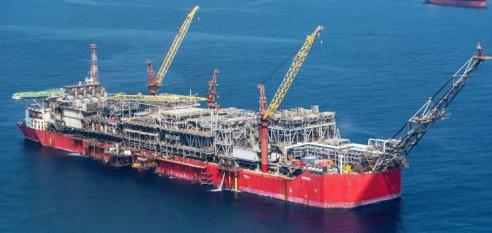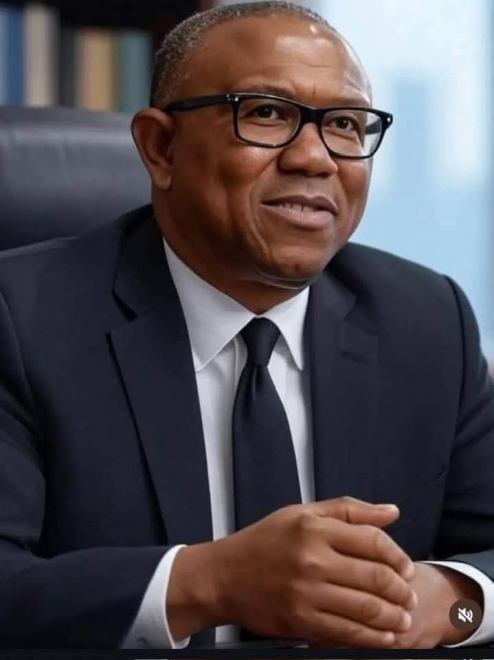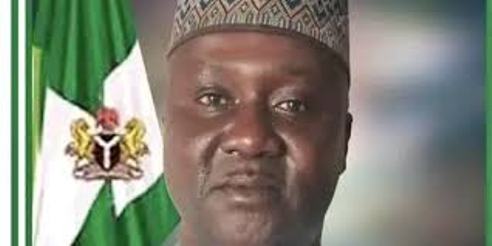LAGOS APRIL 20TH (NEWSRANGERS)-The International Monetary Fund (IMF) has said that the economic reforms undertaken by Nigeria since 2023 have significantly improved the country’s capacity to withstand external economic shocks.
This observation was contained in the 2025 Article IV Consultation report, which the IMF released on Friday. The report followed a visit by an IMF team led by Axel Schimmelpfennig, the Fund’s mission chief for Nigeria, who held discussions with key stakeholders in Lagos and Abuja between April 2 and April 15.
During the mission, the IMF delegation engaged with top Nigerian officials, including Wale Edun, minister of finance and coordinating minister of the economy; Abubakar Kyari, minister of agriculture and food security; and Yemi Cardoso, governor of the Central Bank of Nigeria.
Meetings were also held with senior officials from various government agencies, representatives of the Ministry of the Environment, as well as members of the private sector, academia, labour unions, and civil society organizations.
According to the Fund, the Nigerian government has implemented crucial measures aimed at stabilising the economy, improving its resilience, and setting a foundation for sustainable growth. Among the major steps taken are the discontinuation of central bank financing for fiscal deficits, the elimination of expensive fuel subsidies, and enhancements in the operation of the foreign exchange market.
However, the IMF noted that while these reforms mark important progress, their benefits have not yet reached the broader population, as challenges such as high poverty levels and widespread food insecurity continue to persist.
The IMF emphasised that Nigeria’s economic outlook remains clouded by substantial uncertainties, including heightened global risk sentiment and falling oil prices, which continue to weigh on the country’s economic performance. Nevertheless, the reforms introduced over the past two years have placed Nigeria in a better position to respond to these external pressures.
Moving forward, the IMF advised that Nigeria’s macroeconomic policies should be directed toward reinforcing economic buffers, enhancing resilience, and fostering a more conducive environment for growth driven by the private sector.
According to the IMF, the Nigerian authorities have assured that the 2025 budget will be executed with an awareness of the impact of declining international oil prices. Adopting a neutral fiscal stance, they said, would complement monetary policy efforts aimed at reducing inflation. The Fund stressed the importance of ensuring that savings from the removal of fuel subsidies are fully integrated into the national budget. These savings, it said, should be used to protect vital, growth-stimulating investments and to expand the delivery of cash transfers, especially under the World Bank-supported program targeting those suffering from food insecurity.
The IMF also highlighted the necessity of maintaining a tight monetary policy to decisively tackle inflation. It praised the Monetary Policy Committee for its data-driven approach, describing it as effective in managing the current economic volatility. Furthermore, the Fund recommended that Nigerian authorities establish a clearly defined disinflation path as an interim target to help anchor inflation expectations and build greater public confidence in the policy direction.
BusinessDay
For media advert placement, events coverage, media consultancy, placement of publications and further information please WhatsApp 2348023773039 or email: labakevwe@yahoo.com








